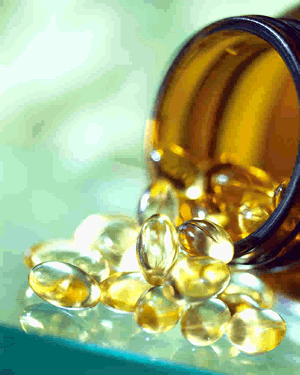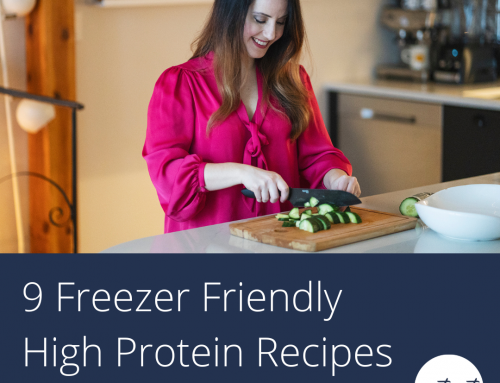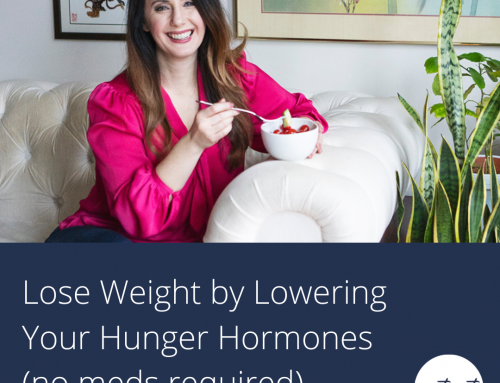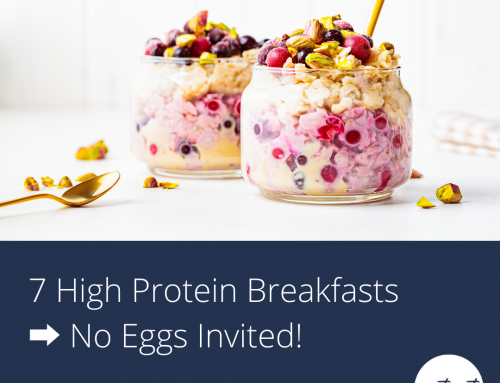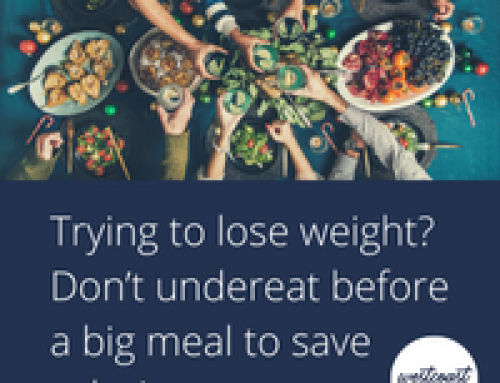It’s a big question on many people’s lips these days. Some supplements do more harm than good, but some supplements help people make up for what their diet is lacking. How do you wade through all that conflicting information? Here is a rundown of what supplements to avoid, and which may benefit you.
The Most Likely Not to Need: Folate, Vitamin E, Cod liver oil, Calcium
Folate: Recently found to have an increased risk of cancer at supplemental doses. Important for women of child-bearing age so make sure you’re getting lots of whole grains and leafy green veggies. Butternut squash is another good source.
Vitamin E: Recently found to have an increased risk of cancer at supplemental doses. Vitamin E is an important antioxidant (for fighting oxidative stress that contributes to cancer and heart disease) and can be found in nuts, seeds, vegetables oils, spinach and broccoli to name a few.
Cod liver oil: Often taken as an omega 3 or vitamin D supplement (of which it contains decent levels of both). Unfortunately, it also contains high levels of Vitamin A, enough to cause toxicity if taken daily. There is also the risk for contaminants such as mercury and PCBs- supplements aren’t regularly tested for purity in Canada. As regulation improves the danger of toxin contamination may diminish, for now leave it on the shelf.
Calcium: New studies have shown that too much calcium from supplements can increase your risk for heart disease in a pretty significant way. We also know that not enough calcium on a daily basis can lead to bone loss, osteoporosis and eventually broken bones. The best bet is to get enough calcium from your food. For a neat way to find out if you’re getting enough check out this calcium calculator.
The Maybes: Omega 3s, Vitamin D, Iron, Vitamin B12
Depending on how well you’re doing with eating well, or if you have certain risk factors, you may benefit from certain supplements. Always check with your family doctor or Dietitian for correct dosing (any dosing here is given s a general guide).
Omega 3s
Important for: keeping inflammation down (fighting some of the negative effects of physical and emotional stress, as well as counteracting some of the inflammatory foods we eat) and helping our immune systems function properly. Fish oils have also shown some effects on lowering Triglycerides (a type of blood fat), lowering blood pressure, reducing pain/swelling, and even on weight loss.
Found in: fatty fish (salmon, trout, mackerel), ground flax or flax oil, omega 3 eggs, walnuts, canola oil, olive oil.
Cautions: Check with your doctor before taking a fish oil or other omega 3 supplement if you are on medications to reduce or help your blood clot.
Some people are just not fish lovers, and no amount of cajoling or great recipes is going to change that. While you’re working towards incorporating other omega 3 rich foods in to your diet, you should be taking a supplement. Look for a label that says Omega 3s, Fish Oil/Salmon Oil or Flax Oil.
Vitamin D:
Important for: Vitamin D is being found to be increasingly important as a factor in improving everything from mood to risk of many chronic diseases. It is found in few foods, and here in Canada very little is obtained from the sun (both due to our Northern location and because most of us are now smart enough to wear sunscreen).
Take: I recommend most of my patients ensure they are getting at least 1000 IU per day from food and supplemental sources. Health Canada is a little more conservative and has increased their recommendation to 400 IU per day.
Found in: Fortified milk (cow and soy), fortified orange juice, some margarines, egg yolks and fatty fish.
Iron:
Important For: elite athletes in high impact sports, women with long or heavy menstrual periods, and some vegans or vegetarians.
Found in: Oysters, Mussels, Liver, Beef, Shrimp, pumpkin seeds, some soy products, red kidney beans, soy beans, lentils, spinach.
Take: Supplementation may be needed periodically only if your blood tests show that your iron is low. If you have significant fatigue, weakness, or feel lethargic and are unsure of the reasons, have your family doctor check your iron status and refer you to a Dietitian for dosing and nutrition counselling. Eating high iron foods will help you to maintain iron levels, but for most people who have true iron deficiency anemia you will need iron supplementation for 2 or 3 months to bring you back up to normal levels.
Cautions: Vitamin B12 deficiency has similar symptoms as Iron deficiency, get your testing done!
Vitamin B12:
Important for: Vegans and people over the age of 65.
Vitamin B12 is not readily found in a vegan diet as it is strictly produced by animals and yeast. For those over 65, you start to lose the ability to turn Vitamin B12 in to its active form as you age, meaning that even though you may be eating adequate amounts you may not be absorbing enough.
Take: 1-2 micrograms minimum, if you are vegan or over 65.
Found In: All animal foods- especially mussels, clams, salmon, beef, pork and tuna. Vegetarian sources include nutritional yeast, fortified rice beverages, fortified soy products.
Cautions: Vitamin B12 deficiency shares many of the same symptoms as iron deficiency, so have your doctor check both nutrients if you’re having trouble with fatigue and weakness.
A quick homage to whole foods: Keep in mind that we have never been able to replicate the cancer and heart disease protective effects of a diet rich in fruits and veggies with a supplement (and boy have the drug companies tried!). The moral of the story is to never rely on vitamins as a substitute for eating well.


